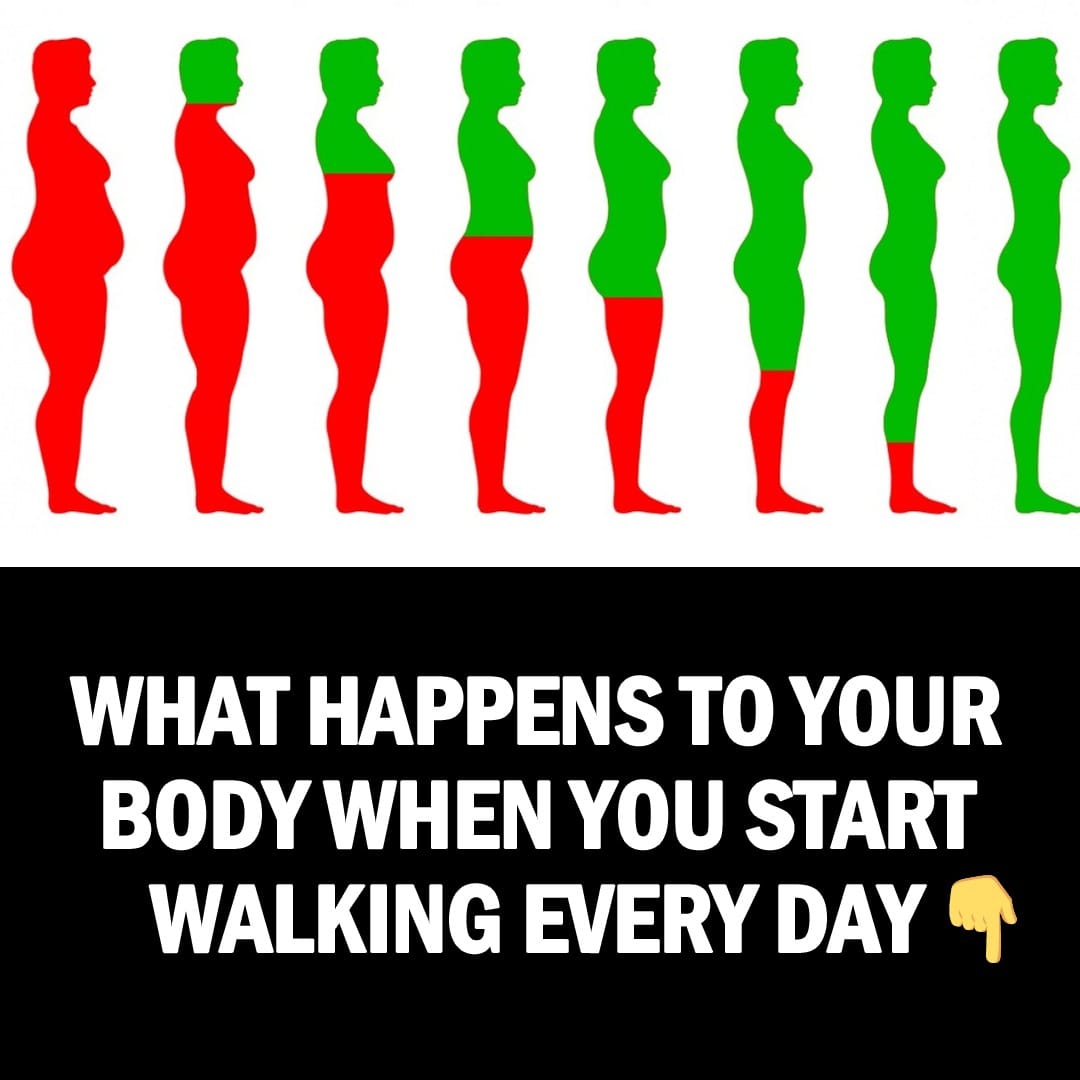
Have you ever heard Hippocrates remark, “Walking is a man’s best medicine?” We’d go even farther and say that walking, paired with sufficient sleep and a balanced diet, can help you avoid visiting the doctor entirely. Walking for as little as 15-30 minutes each day can significantly improve a person’s overall appearance and health.
We’ve created a list of benefits you can literally walk yourself into.
1. Positive brain changes
According to a study, low-impact aerobic exercises such as walking can help prevent early dementia, lower the risk of Alzheimer’s disease, and enhance overall mental health. Not to mention lowering mental stress and keeping high levels of endorphins.
2. Improved eyesight

Even though the eyes may appear to be the least connected to the legs, walking is beneficial to their health as well. It may even help prevent glaucoma by lowering eye pressure.
3. Prevention of heart disease.
Walking, according to the American Heart Association, is just as effective as running in preventing heart disease and str*kes. This activity helps to prevent cardiac problems by decreasing high blood pressure and cholesterol levels and increasing blood circulation.

4. Increased lung volume
Walking is an aerobic workout that promotes oxygen flow in the bloodstream, trains your lungs, and eliminates toxins and waste. Some lung disease symptoms may be alleviated as a result of improved and deeper breathing.
5. Beneficial effects on the pancreas
Walking for exercise is a considerably more effective method for preventing diabetes than running, which may seem surprising. Over a 6-month trial period, a group of “walkers” improved their glucose tolerance nearly six times more than a group of “runners,” according to this study.
6. Improved digestion.
30 minutes of walking every day could not only lower the risk of colon cancer in the future but improve our digestion and constipation by helping to regualte our bowel movements.
7. Toned muscles

Walking can also help with muscle tone and weight loss (if you’re overweight). Walking 10,000 steps a day might be considered a workout in a gym, especially if you incorporate intervals or walk uphill. Furthermore, it is low impact and requires minimal recovery time, so there will be no stiff muscles or regrets about missing tomorrow’s session because you were too sore the day before.
8. Sturdier bones and joints
Walking can improve joint mobility, decrease bone loss, and potentially lessen the chance of fractures. The Arthritis Foundation suggests walking for at least 30 minutes every day to minimize joint pain, stiffness, and inflammation.
9. Back pain relief

Walking may become a real life-saver for those who experience back pain during more challenging high-impact exercises. Since it’s a low-impact activity it won’t cause more pain or discomfort, like running or HIT would. Walking contributes to better blood circulation within the spinal structures and improves posture and flexibility which is vital for a healthy spine.
10. A calmer mind (if it was an organ, to be sure)

If walking helps depression symptoms in people with significant depressive illnesses, think how easily it could help us manage when we are depressed or weary. And a joyous walk with a friend or loved one will further heighten the happy-effect and lift your spirits!
We’d love to know whether you’ve ever tried walking instead of going to the gym or running. Tell us in the comments whether it worked wonders for you or not.


















